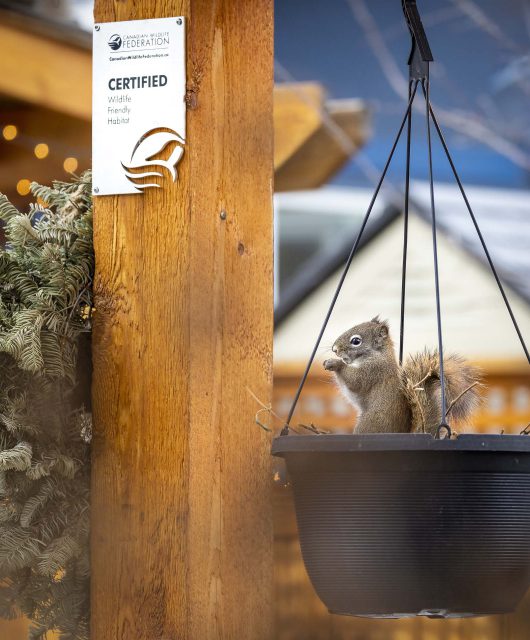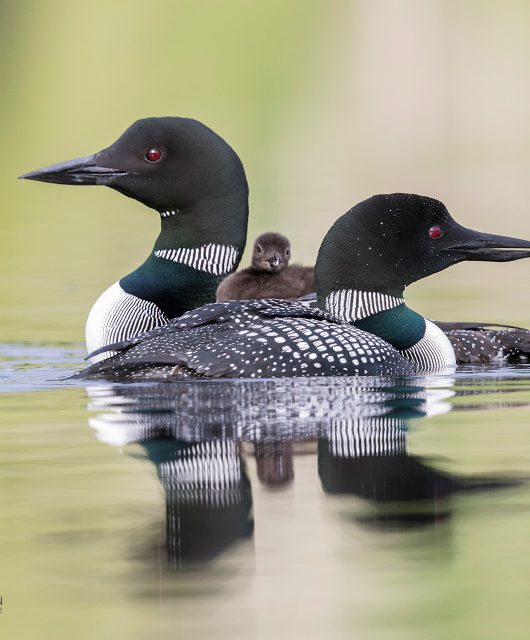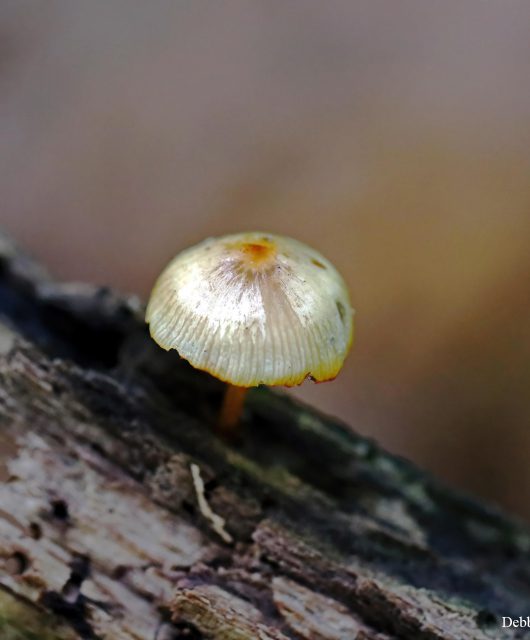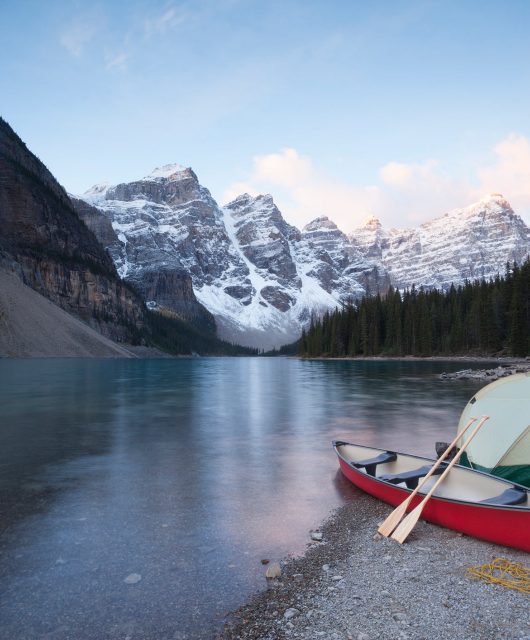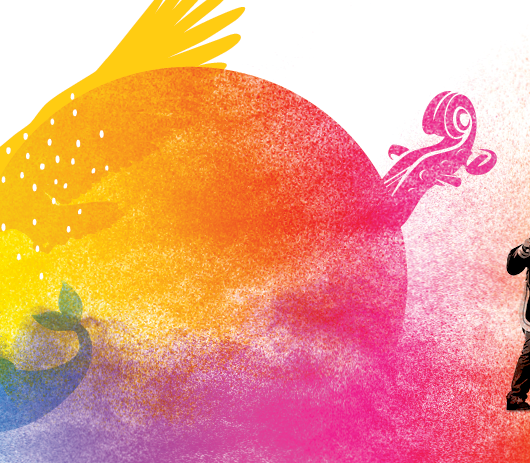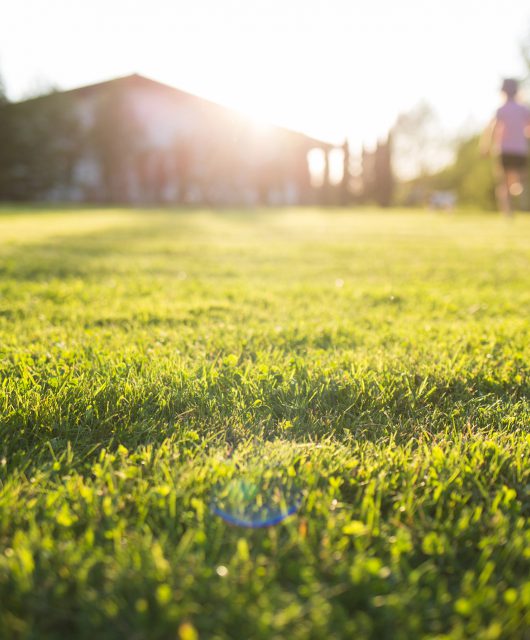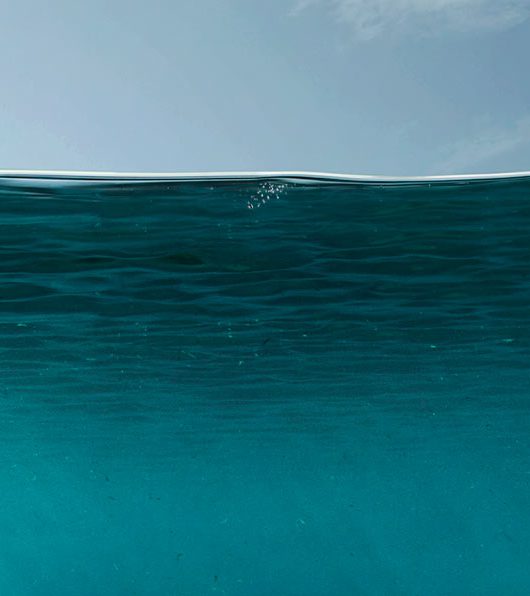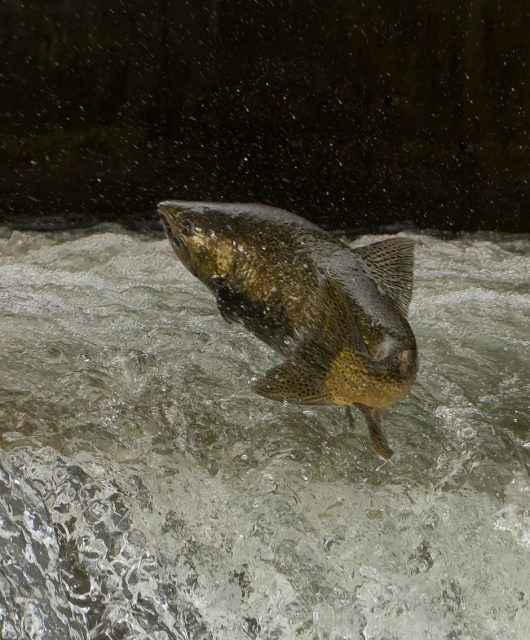Search Results for
avi
Creating Paradise In My Backyard: A Photo Gallery
Guest blogger Kristin Duff is a wildlife photographer and a CWF Wildlife-friendly Certified Gardener. It was in 2016, three months after I retired that I met a man that would…
What’s Happening to Canada’s Common Loons?
Mention Common Loons and images of pristine lakes echoing with the enchanting calls of these beloved water birds probably comes to mind. However, recent data reveals a cry for help…
Are Trees More Beneficial to Wildlife When They’re Dead?
Trees do so much for our planet. They filter water, remove harmful carbon from the atmosphere, shelter and feed wild species, and so much more. Moreover, they can do the…
Are You Camping this Summer?
For many people, getting outside and camping is a staple of the Canadian summer months. The fresh air, gorgeous natural scenery, and taking the initiative to unplug for 48 hours…
Celebrating Indigenous History Month
June is National Indigenous History Month. This is an opportunity to recognize the history, heritage and diversity of First Nations, Inuit and Métis peoples in Canada. It’s a chance for…
Lawn options in a wildlife-friendly garden
Many people are thinking about modifying their lawns, to either help pollinators, save grass cutting time or reduce/eliminate the fuel and emissions associated with lawn mowers. But we’ve all got…
Swimming While Dead
How can we stop entanglement? Some might say that fisheries have not changed much over the years. Fish harvesters go to sea in their boats, set traps or nets, and…
Are Vessels Villains?
From cargo ships to pontoon boats, vessels can pose quite a risk to our marine and freshwater species. Ship strikes, for example, can negatively impact all kinds of whales; many…
Plastic is Killing Our Wildlife
Nearly 80 per cent of marine litter is ushered into the sea via wind and runoff — litter from our roadways make its way to our streams and rivers and…
Exploring Barriers to Free-flowing Rivers on World Fish Migration Day
May 21 is World Fish Migration Day. The day is celebrated every two years and is intended to raise awareness about the importance of migratory fish and free-flowing rivers. So,…

